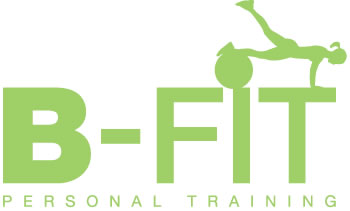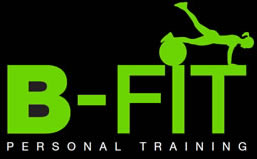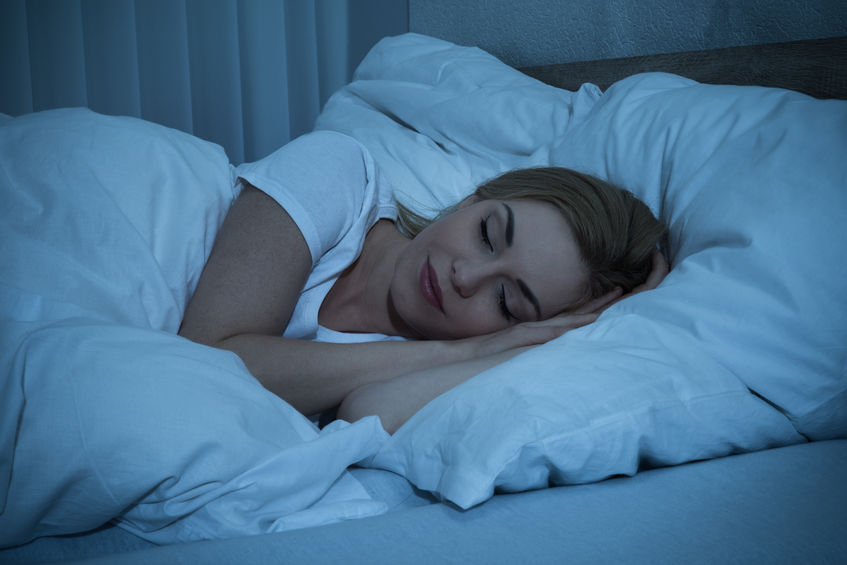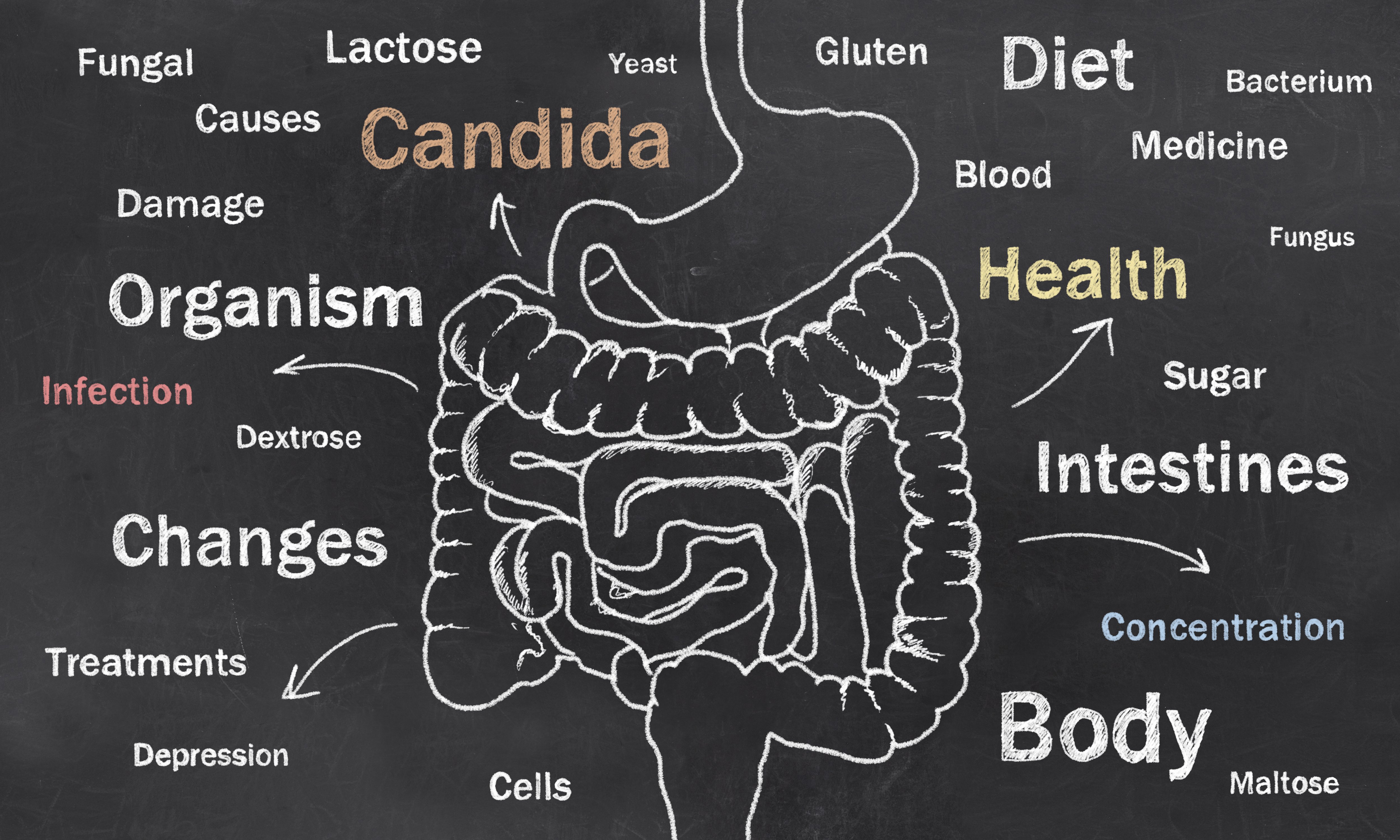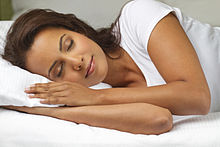Lack of sleep itself will not directly make you fat. However, it will increase the likelihood of you gaining fat.
Firstly, lack of sleep will disturb the hormones which impact your appetite – ghrelin and leptin. Ghrelin, the hormone which signals hunger, will increase due to lack of sleep, therefore making you hungrier. Leptin, which is released by fat tissue, sends a signal to the brain about how much-stored energy is available. Leptin levels drop in response to lack of sleep, making your body’s signalling processes unreliable. Your sleep-deprived body is essentially lying to you about its energy needs. Cravings and binges will likely ensue.
Poor sleep also increases cortisol which is a stress hormone. It’s also catabolic i.e. breaks down muscle. This slows your metabolism and can result in increased fat storage.
In summary, poor sleep has a huge effect on hormones and therefore your health and weight loss goals. So, what can you do to ensure better sleep?
TECHNOLOGY OFF
Computers, TV, mobiles, iPads, and games all off at least an hour before you hit the sack. Try and do something that unwinds and relaxes you such as read a book. You want to get yourself into that sleepy mode where you produce the bedtime hormone melatonin which induces and regulates sleep and wake cycles.
PRE-BEDTIME SNACKS
Try having tryptophan-rich foods before bedtime. This will encourage your body to convert the amino acid tryptophan to serotonin and then ultimately to melatonin.
Foods rich in tryptophan include seeds & nuts, eggs, and lean proteins such as chicken and turkey. Cherries apparently contain natural melatonin so you could give that a try too.
SUPPLEMENTS
If you struggle with sleep, you may want to consider a supplement. One of my favourites is NUTRICALM. It contains vitamin B complex and vitamin C. Both these nutrients become very depleted when the body is under stress and there’s a lack of sleep. NUTRICALM also contains chamomile which is known for its soothing and calm properties.
Another supplement worth trying is MAGNESIUM which has a huge range of benefits, but one is the way it helps relaxation and so can improve sleep.
DARKNESS
Try and keep your bedroom as dark as possible. If this is difficult, try an eye mask. Darkness also helps the production of melatonin. An hour before you get into bed have all the house lights dimmed. I’m also a candle fanatic so I highly recommend them to create that zen-like ambience.
BED EARLY
If you get to bed earlier, you will have more rapid eye movement (REM). Without going into mega detail, REM is a stage of the sleep cycle where your brain is highly active and so burns more calories. The more REM you have, the more calories you burn and the more alive/energised you will feel the next day.
So I’m going to re-repeat do NOT overlook the importance of sleep not just for weight loss but for your general health too. I’m not saying to go to bed hours earlier. That’s not practical, but even 30 mins earlier each day will help. It all adds up.
MEDITATE
Meditation is well proven to help calm the mind, and it also helps the production of melatonin. Don’t fall into the trap of thinking you need to do 30 mins or an hour a day. 10 mins of solid meditation will work wonders. Remember, it’s about progression, not perfection. There are some great meditation apps and soothing music on iTunes so get downloading. A great one is the Calm App.
LIMIT/ZERO CAFFEINE
I think all of us know we should limit caffeine especially pre-bedtime. The stimulant effect of caffeine makes it hard to fall asleep and so limits the amount of restful sleep you have. If you need a warm drink don’t forget chamomile tea is very calming.
LIMIT/ZERO ALCOHOL
Like caffeine, all of us know deep down this isn’t good before bed. One of the things that’s confusing about alcohol is it’s very relaxing at the time, but here’s the clincher … when alcohol is broken down, acetaldehyde is produced. It acts as a stimulant and wakes us up. So, I’m afraid it’s a no go.
NICOTINE
Now because I love and care about you, you are not going to hear me utter the words reduce or limit because I really want you to cut this out altogether. It’s a cocktail of chemicals. Also, nicotine is similar to alcohol/caffeine in that it’s a stimulant and not good for our sleep. It also decreases our slow wave sleep, which means less restorative sleep.
QUALITY BEDDING
Invest in a good quality mattress. Believe me, it’s worth the spend and your back and sleep will thank you for it.
ROOM TEMPERATURE
The general guideline is not too hot or too cold.
BATH
I love my pre-bedtime baths. Utter bliss for me. Run yourself a nice hot tub with some of your favourite smelly oils 20 mins before bed.
AROMATHERAPY OILS
The most well-known relaxing aromatherapy oil is lavender but don’t forget to try Ylang Ylang, Bergamot, Chamomile, Sandalwood, Marjoram and Cedarwood. See what resonates for you the most. You can pour a few drops in your bath, spray a little on your pillow, add a few drops to a tissue and hold close, or apply a scented lotion. I’ve used these techniques many a time when feeling low, a little stressed and agitated. Trust me, it works.
EXERCISE
You know I’m a huge advocator of exercise but not right before bedtime especially if it’s an intense session. The sort of exercise that’s ok late on is restorative yoga but that’s about it.
Now I’d like to hear from you. Which one of these sleep hygiene strategies are you going to give a go? Have you any tips for improving sleep you’d like to share? How do you prompt your body to know its time to wind down?
As you know I’m an expert at optimising your training, nutrition and lifestyle to get you in incredible shape, find out how I can help you achieve your fitness goals by signing up for one of my free B-Fit sessions HERE.
I hope you enjoyed this blog, I’ll be back next week.
Love Gaynor x
